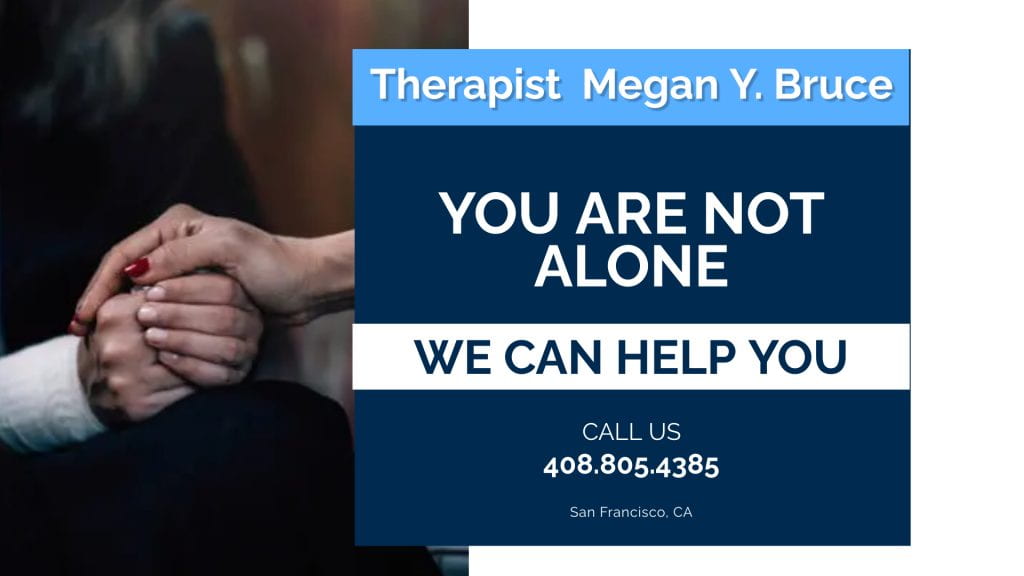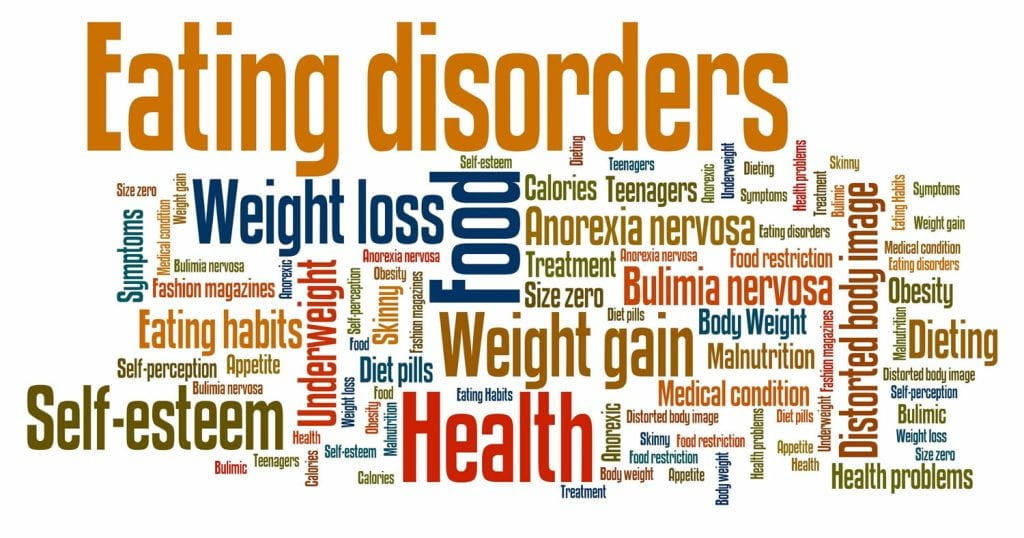
Introduction
Women face unique challenges throughout their lives that can impact their mental and emotional well-being. From eating disorders and parenting stress to struggles with depression, anxiety, and self-esteem, the demands on women can lead to significant psychological distress. Megan Y. Bruce, LCSW, offers specialized therapy and counseling services tailored to meet the specific needs of women. This article explores the benefits and techniques of therapy for women’s health, with a focus on treating eating disorders, depression, anxiety, compulsive behaviors, self-esteem issues, family conflict, and grief.
Women’s Health: Key Areas of Focus in Therapy
Eating disorders, such as anorexia nervosa, bulimia nervosa, and binge-eating disorder, disproportionately affect women. These disorders often stem from a complex interplay of societal pressures, personal insecurities, and emotional trauma.
- Therapeutic Techniques: Megan Y. Bruce uses a combination of Cognitive Behavioral Therapy (CBT), Dialectical Behavior Therapy (DBT), and Emotion-Focused Therapy (EFT) to help women address the underlying emotional issues contributing to their eating disorders. Therapy focuses on building a healthier relationship with food, body image, and self-worth.
- Benefits: Therapy helps women gain control over their eating habits, reduce the emotional impact of societal pressures, and build a positive self-image.
Parenting:
Parenting can be both rewarding and challenging, and women often face unique pressures related to caregiving, work-life balance, and maintaining their own mental health.
- Therapeutic Techniques: Megan provides parenting support through techniques like parent-child interaction therapy (PCIT) and family therapy, which help mothers develop effective communication and discipline strategies, manage stress, and maintain a healthy work-life balance.
- Benefits: Therapy helps mothers feel more confident in their parenting skills, reduces parental stress, and improves family dynamics.
Depression and anxiety are common mental health issues that many women face, often exacerbated by life transitions, hormonal changes, and societal expectations.
- Therapeutic Techniques: Megan employs CBT, mindfulness-based stress reduction (MBSR), and ACT (Acceptance and Commitment Therapy) to help women manage symptoms of depression and anxiety. These approaches focus on changing negative thought patterns, increasing emotional resilience, and promoting mindfulness.
- Benefits: Therapy provides women with tools to manage their mental health, reduce symptoms of depression and anxiety, and improve overall well-being.
Compulsive behaviors, such as excessive shopping, substance use, or compulsive eating, can be a way of coping with underlying emotional pain or stress.
- Therapeutic Techniques: Megan uses CBT and DBT to help women identify the triggers for their compulsive behaviors and develop healthier coping mechanisms.
- Benefits: Therapy helps women regain control over their behaviors, reduce the impact of compulsions on their lives, and address the root causes of these behaviors.
Low self-esteem is a common issue that can affect every aspect of a woman’s life, from personal relationships to career success.
- Therapeutic Techniques: Through CBT, EFT, and narrative therapy, Megan helps women build self-esteem by challenging negative self-beliefs, promoting self-compassion, and helping them rewrite their personal narratives in a more empowering way.
- Benefits: Therapy boosts self-confidence, improves self-perception, and empowers women to pursue their goals with greater assurance.
Family dynamics can be complicated, and conflicts within the family can lead to significant stress and emotional turmoil.
- Therapeutic Techniques: Family therapy and conflict resolution strategies are used to address underlying issues, improve communication, and foster healthier relationships within the family unit.
- Benefits: Therapy helps resolve conflicts, strengthens family bonds, and creates a more supportive home environment.
Grief:
Grief is a natural response to loss, but when it becomes overwhelming, it can interfere with daily life and mental health.
- Therapeutic Techniques: Megan offers grief counseling that includes narrative therapy, mindfulness practices, and supportive therapy to help women process their loss, honor their grief, and find a path forward.
- Benefits: Therapy provides a safe space for women to express their grief, work through their emotions, and find meaning after loss.
Support for Therapy and Counseling
Therapeutic Support:
Megan Y. Bruce, LCSW, provides ongoing therapeutic support, ensuring that women receive the care they need throughout their healing journey. Her approach is holistic, addressing both the emotional and practical aspects of well-being.
Community and Peer Support:
In addition to one-on-one therapy, Megan encourages participation in support groups where women can connect with others facing similar challenges. This peer support can be invaluable in the healing process.
Case Study: Overcoming Depression and Anxiety in a Working Mother
Case Study: Jane’s Path to Wellness
Jane, a 42-year-old working mother of two, came to Megan Y. Bruce, LCSW, feeling overwhelmed by anxiety, depression, and the pressures of parenting. She struggled with feelings of inadequacy both at home and at work, leading to persistent stress and low self-esteem.
Therapeutic Approach:
- Mindfulness and CBT: Megan introduced Jane to mindfulness practices to help her stay present and reduce her anxiety. Through CBT, they worked on identifying and challenging the negative thoughts that fueled her depression and self-doubt.
- Parenting Support: Megan also provided parenting counseling, helping Jane develop strategies for managing her household responsibilities without feeling overwhelmed.
- Self-Esteem Building: Through narrative therapy, Jane began to reframe her self-perception, focusing on her strengths and accomplishments.
Outcome:
Over several months, Jane experienced significant improvements in her mental health. Her anxiety and depression symptoms decreased, and she felt more confident in her parenting and professional roles. Jane learned to manage her stress more effectively and developed a healthier, more compassionate relationship with herself.
Meet Therapist Megan Y. Bruce, LCSW
Megan Y. Bruce, LCSW, is a licensed clinical social worker who specializes in women’s mental health. With a compassionate, client-centered approach, Megan helps women navigate the challenges of life, from managing mental health issues to improving family dynamics and personal well-being.
Reach Out Today
If you’re a woman struggling with mental health issues, parenting challenges, or other life stressors, therapy can help. Contact Megan Y. Bruce, LCSW, at 408.805.4385 or visit Meganbrucelcsw.com to schedule a consultation and begin your journey towards healing.
Other Therapy Services Offered
In addition to women’s health, Megan Y. Bruce, LCSW, offers a range of therapeutic services, including:
- Treatment for Eating Disorders
- ADD/ADHD support
- Parenting guidance
- Depression and anxiety therapy
- Compulsive Behavior treatment
- Self-Esteem building
- Family Conflict resolution
- Grief and loss counseling
- LGBTQIA+ support
- Women’s health services
Megan Y. Bruce provides a supportive environment where women can explore their challenges, build resilience, and work towards meaningful and lasting change.






